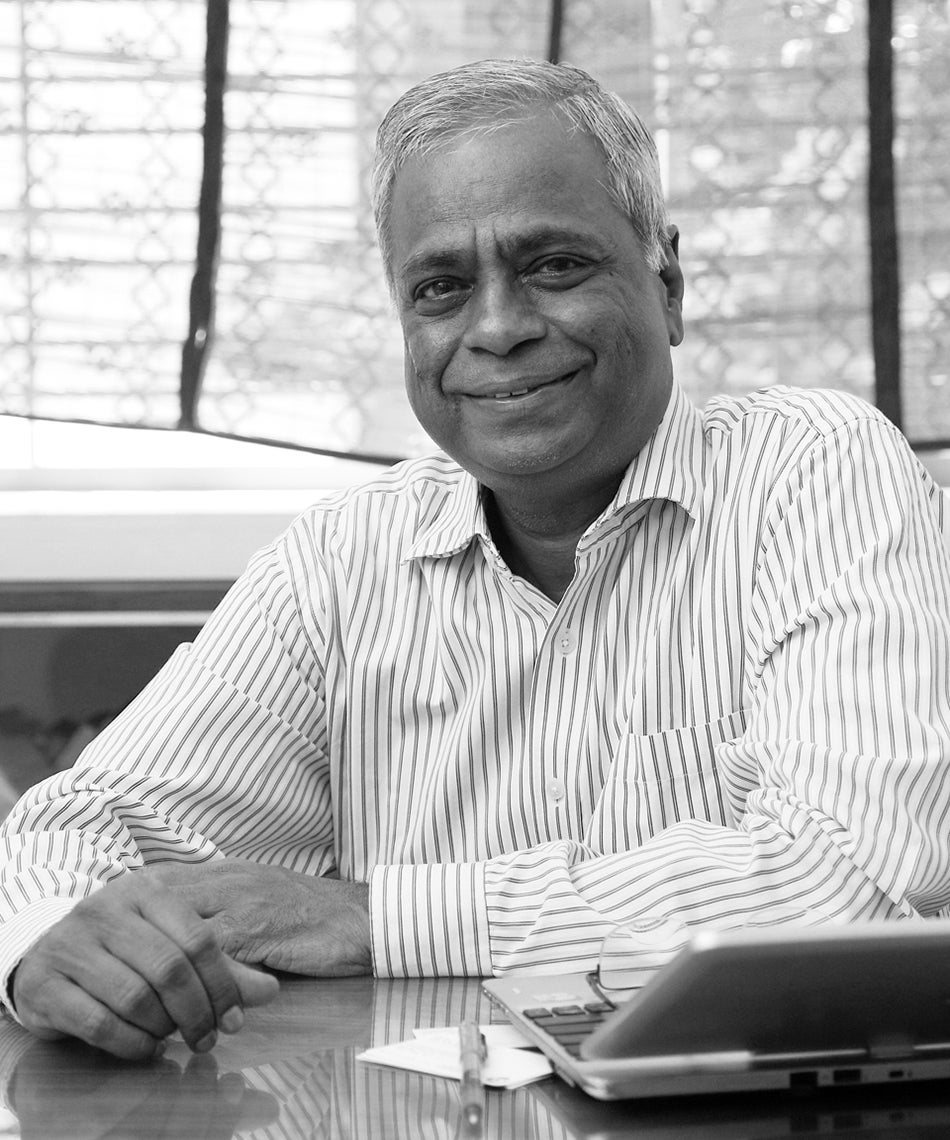Ashok Jhunjhunwala on the jobs that will define India’s future
With half of its population under 25 and the unemployment rate at four-decade high, India faces an uncertain future. The question on young people’s minds: what kinds of jobs will we have? Quartz asked leaders across India’s biggest industries about that one job in their company or field that will be the most crucial in the coming decades.


With half of its population under 25 and the unemployment rate at four-decade high, India faces an uncertain future. The question on young people’s minds: what kinds of jobs will we have? Quartz asked leaders across India’s biggest industries about that one job in their company or field that will be the most crucial in the coming decades.
The education sector in India has long been dominated by public institutions. However, a new crop of credible private universities, with an eye on global trends in pedagogy, have peppered India’s education landscape lately. Ashoka University, Shiv Nadar University, and Azim Premji University have created a niche in private education, and the government-owned Nalanda University has brought in more international partnerships. The worry, though, is that these create a wider gap between the haves and have-nots.
Ashok Jhunjhunwala, a professor at IIT Madras, told Quartz:
If you are studying engineering, I’d tell you that the most important thing to learn is the power of being interdisciplinary. Because anything that you can do will require interdisciplinary knowledge.
This means that you have to pick up enough expertise in multiple areas and be able to work across disciplines. In the past, we used to train people to be computer scientists, electrical engineers, or mechanical or civil engineers. But today, any serious work to solve a problem requires interdisciplinary learning. In the future, the people who are able to work in those interdisciplinary areas, who are able to expand across disciplines, go beyond one expertise, and shift quickly to another expertise, are going to be the most useful people.
Secondly, the person should have enough understanding of different aspects of management—if you are leading a project, you should be able to retain customers and make them happy, and understand the finances associated with that.